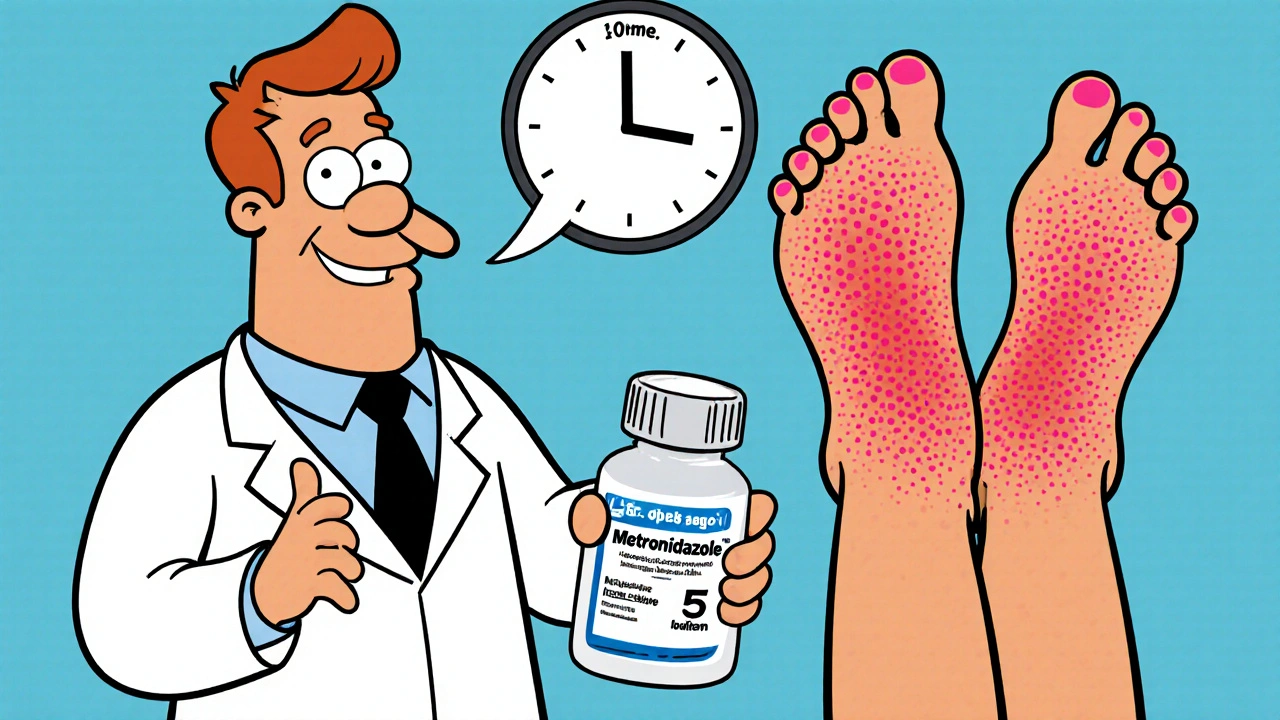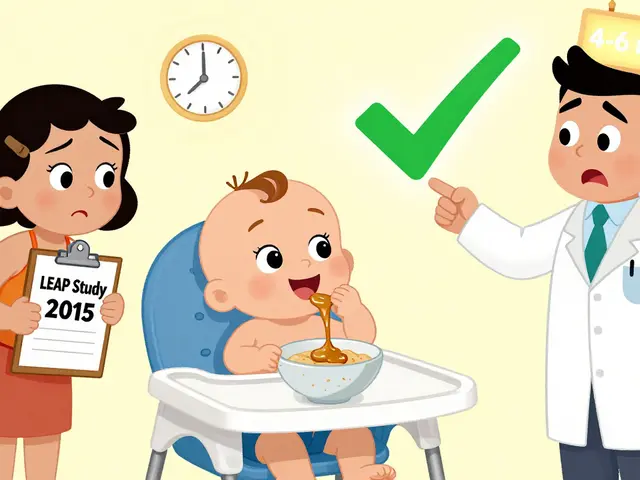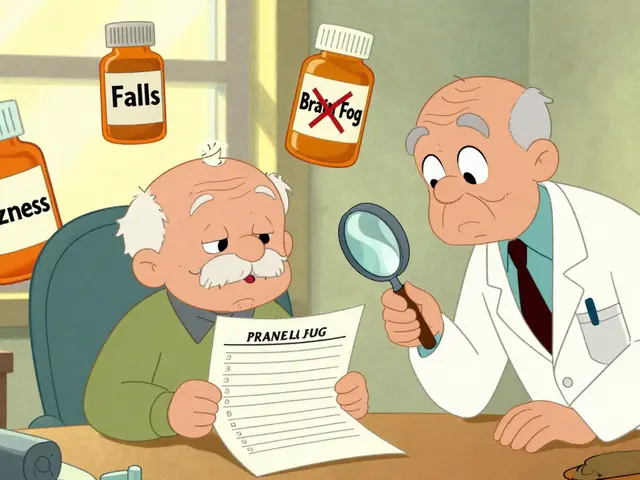Dechallenge: Understanding Drug Withdrawal and Side Effect Resolution
When you stop a medication and your symptoms get better, that’s called a dechallenge, a clinical process used to determine if a drug caused an adverse reaction by observing symptom improvement after discontinuation. Also known as drug withdrawal test, it’s one of the simplest but most powerful tools doctors use to figure out what’s really causing side effects.
Think of it like this: you start taking a new pill, and a week later your skin breaks out, your stomach feels off, or you feel unusually tired. Is it the drug? Or just bad luck? A dechallenge answers that by removing the suspect drug and watching what happens. If the problem fades, it’s likely the medication. If it doesn’t, you keep looking. This isn’t guesswork—it’s a standard part of pharmacovigilance, used in clinics and drug trials worldwide. The adverse reaction you’re trying to pin down could be anything from mild dry mouth to serious liver stress. And the tolerance mechanisms your body builds over time can make this even trickier—some side effects fade on their own, even if you keep taking the drug.
That’s why the posts here focus on real-world cases where stopping a drug made a difference. You’ll find stories about how people figured out ezetimibe was causing their stomach issues, or how switching off a steroid cleared up skin thinning. Others show how stopping a mood drug led to improved sleep, or how a hormone-related rash disappeared after discontinuing a treatment. These aren’t just anecdotes—they’re clinical patterns backed by evidence. You’ll also see how dechallenge works alongside rechallenge (stopping, then restarting the drug to confirm the link), and why doctors don’t always recommend rechallenge due to risk.
What you won’t find here is fluff. No vague warnings. No scare tactics. Just clear, practical examples from real patients and real medications—Modafinil, betamethasone, Lurasidone, ezetimibe, and more—where stopping the drug changed everything. Whether you’re trying to figure out why you feel off after starting a new prescription, or you’re tired of guessing which side effect is yours, this collection gives you the framework to ask the right questions and understand what your body is telling you.




